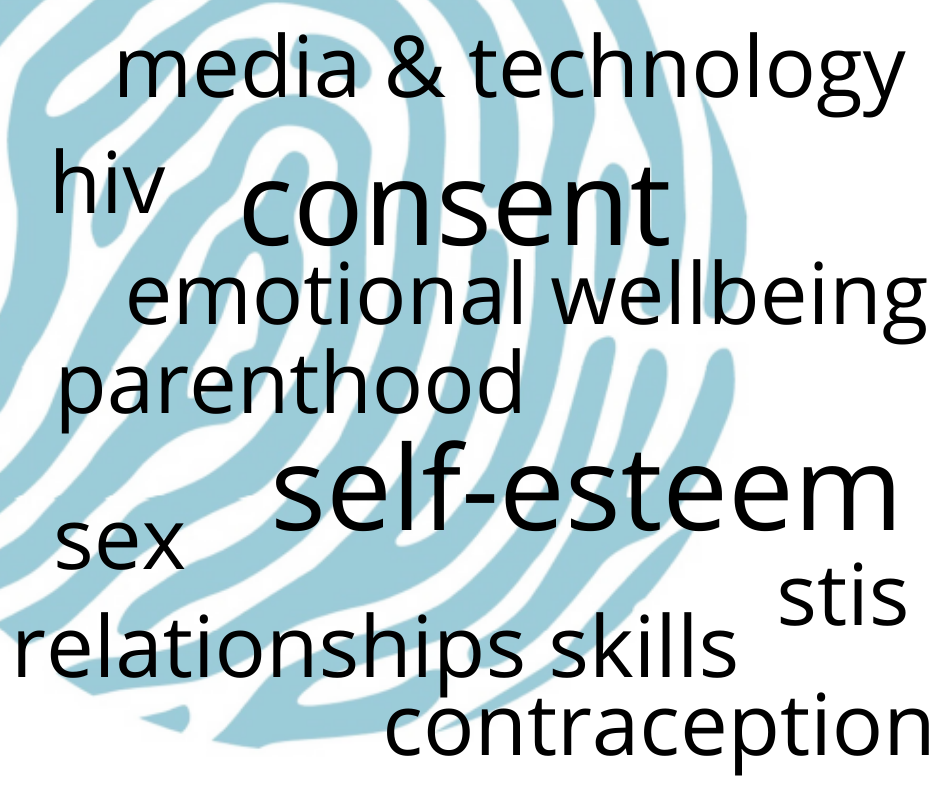As the debate rages about when and how UK schools should reopen, let’s consider the ongoing effects of the lockdown and Coronavirus on our young people in secondary schools.
Yes, their academic education has taken a knock, but shouldn’t the emotional and relational impact on our young people be top of the agenda?
Teachers have done an amazing job during lockdown to keep schools open for the children of keyworkers and to provide work for those who can access online schoolwork from home.
But nothing can replace face-to-face, interactive teaching.
And not all children will have been able to access the online work set for them because they don’t have access to a computer at home - or decent Wi-Fi. Or they may struggle with the lack of structure; without the encouragement of face-to-face teacher input; or lively discussion with classmates.
This current situation will widen the gap between the independent learners and those who need more support, with the most disadvantaged children being left further behind.
It’s over 2 months since schools closed their doors to the majority of students... and we don’t know when school life will be back to ‘normal’ and what this ‘normal’ will look like.
That’s a huge gap in the 2019/2020 academic year and a particular concern for years 10 and 12 as they are in the middle of their GCSE and A level courses.
We have all heard conflicting viewpoints as to what the best way forward is, which just adds to the uncertainty that young people are feeling.
At one extreme is the call for young people to repeat this academic year.
At the other end of the spectrum is the idea of collapsing the curriculum to concentrate only on exam subjects by getting rid of PE (Physical Education), PSHE (Personal, Social, and Health Education), and RSE (Relationships and Sex Education) for the next year.
We want to add our voices to those who say that, when schools do return to the ‘new normal’, PSHE, RSE and PE must form an important part of the school timetable. Otherwise, we could be heading for a mental, emotional and relational health crisis amongst our youth.
Why?
Many young people will have suffered loss because of Coronavirus. They will be grieving.
Dealing with fear and anxiety about the virus is also something young people will need help with going forward, as we are being told by the World Health Organisation that, without an effective vaccine, Coronavirus “could be another endemic virus in our communities and this may never go away like HIV.”
Many more young people will be suffering from mental ill health due to the isolation of lockdown, or the removal of routine, structure and support networks. Or the worry about the impact on their education and their future. The uncertainty about what is happening with school and exams only exacerbates this.
Being at home 24/7 will have impacted family relationships. In some cases this will mean positive outcomes, but not in all circumstances. Tragically, there has been an increase in domestic abuse cases - domestic killings have doubled during lockdown and frontline services have seen a huge spike in people seeking help. Young people may have been victims themselves or been affected by witnessing domestic violence.
We know there has been an enormous boom in the use of pornography during lockdown. When COVID19 took hold across the globe, Pornhub temporarily changed its name to ‘Stayhomehub' and offered free premium subscriptions to its website to, as they put it, "flatten the curve" of new infections. As expected, they saw a huge jump in website traffic and with 42 billion (yes you did read that right) visits last year alone , that is extremely disturbing.
Social-distancing rules have also prompted more porn performers to offer private webcam-shows.
High quality RSE is vital so we can help young people develop skills and resilience to deal with the influence and impact of porn on their self-esteem, relationships and sexual health.
Social distancing will potentially have resulted in a temporary drop in new infections of STIs and HIV, as less people are sleeping with new partners or multiple partners. But the coronavirus has meant that “54% of UK sexual health services have closed and 38% of sexual health staff have been moved to work in other parts of the NHS.” (BBC)
We should be seizing this opportunity to make sure that our young people are equipped with the knowledge they need to make wise, informed and healthy choices about their sexual health going forward and how to access sexual health services, as the Coronavirus has taken precedence over sexual, and other health, issues.
We also need to help young people learn to adapt to the ‘new normal’ - whatever form that takes.
How will they cope with continued social distancing from their friends and wider family?
Would year 10 and 12 cope with a collapsed timetable focused on academic subjects with no provision for PE, RSE or PSHE, or would the stress prove too much for many? Aren’t GCSEs and A levels stressful enough?
With 1 in 3 children starting secondary school obese, (RCPCH) and increased time on social media to spend time with friends, are we going to see a rise in cases of cyberbullying? Friendship breakdowns?
For all these reasons, we believe that PSHE and RSE are going to be more important than ever.

RSE will be statutory in September and our young people need to be learning from specifically trained and accredited teachers.
Our team have worked unceasingly to make ALL of our RSE training available online during this time of crisis, so more teachers, youth workers and other educators can get tooled up ready to help young people navigate the relational and emotional fallout once they do return to the ‘new normal.’ Visit www.acet-uk.com/training for more details.
